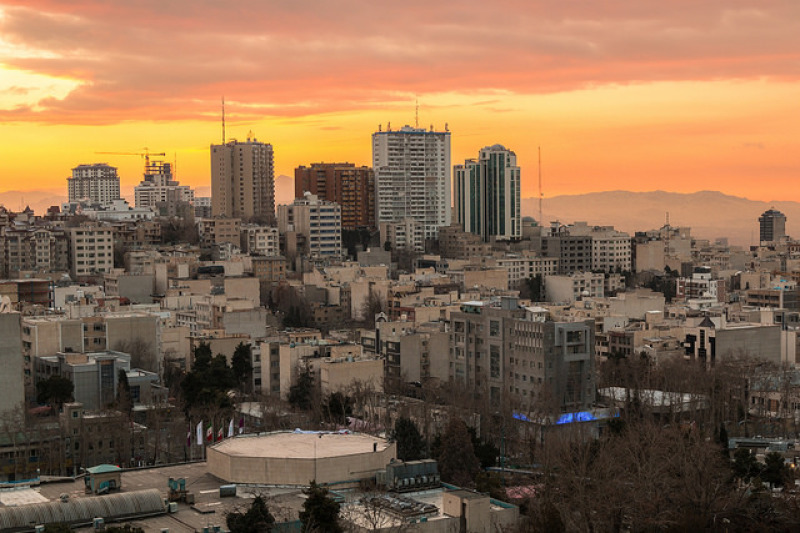
The Christian church in Iran is worried that it will most likely suffer increased persecution under the leadership of former Judiciary Chief Ebrahim Raisi who was elected as Iran's president on June 18. Raisi, who won with 72% of the vote amidst the controversial elections, replaced Hassan Rouhani who could not be re-elected after serving two terms. The newly elected president is a 60 year old who has deeply conservative views on various social issues.
According to International Christian Concern, just 10 days following the recent elections, some Christians in Iran are already facing heightened persecution. One Roman Catholic nun who spent 26 years serving in a leprosy hospital was denied a visa renewal. Sister Giuseppina Berti, a 75 year old nun failed to renew her visa and received a travel order instead. She worked in Isfahan with another nun and together they represented the only Latin Catholic Church presence in the area. Berti's departure will force Sister Fabiola Weiss, a 77 year old, to be the last remaining nun in the area. Both Berti and Weiss spent their lives serving in hospitals, regardless of religious identity.
The report also revealed that three Iranian Muslim Background Believers or MBBs, former Muslims who have converted to Christianity, have also began trial for violating Article 500 of the Penal Code. Amin Khaki, Milad Goodarzi, and Alireza Nourmohammadi were accused of "engaging in propaganda that educates in a deviant way contrary to the holy religion of Islam" after their homes were raided and Christian literature and personal items were confiscated by Iranian authorities.
In Iran, there are only only two Assyrian-Chaldean archdioceses, an Armenian diocese, and a Latin archdiocese. Most dioceses are led by only one priest. The Roman Catholic diocese is still awaiting the arrival of Archbishop Dominique Mathieu. Christians and other religious minorities in Iran are now dreading the leadership of Raisi, known as the "Hangman of Tehran," following his success in the recent elections.
A number of international organizations have already called for Raisi's investigation over human rights violations committed in the 1980's. According to Reuters, Amnesty International and Human Rights Watch called his ascension to the presidency a "blow for human rights" and are now campaigning to have him investigated on the extrajudicial executions of thousands of political prisoners in 1988. Both the Iranian government and Raisi himself never publicly acknowledge such allegations.
"That Ebrahim Raisi has risen to the presidency instead of being investigated for the crimes against humanity of murder, enforced disappearance and torture, is a grim reminder that impunity reigns supreme in Iran," Amnesty Secretary General Agnès Callamard said in a statement. "We continue to call for Ebrahim Raisi to be investigated for his involvement in past and ongoing crimes under international law, including by states that exercise universal jurisdiction."
Human Rights Watch's deputy director for the Middle East Michael Page agreed, saying, "Iranian authorities paved the way for Ebrahim Raisi to become president through repression and an unfair election."
The recent elections in Iran reportedly had low voter turnout, involved the suppression of journalists, and saw the Iranian chief of police threaten those who encouraged others to abstain from voting. Page said, "As head of Iran's repressive judiciary, Raisi oversaw some of the most heinous crimes in Iran's recent history, which deserve investigation and accountability rather than election to high office."

























